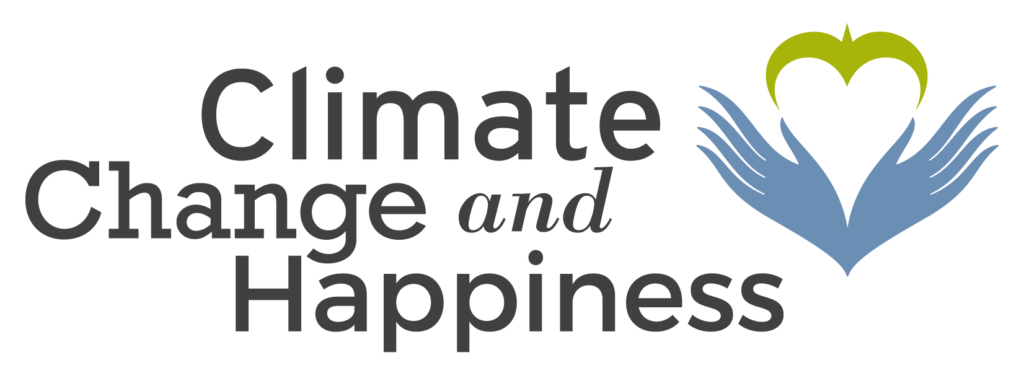In late 2019, I began to create a podcast to help people cope with the climate crisis. I had been involved with climate change and mental health issues for many years and had many contacts among researchers and climate change experts. My original plan for “Climate Change and Happiness” was both modest and ambitious. I was going to speak to people “in my neighborhood, and around the world” to learn their thoughts and feelings about climate issues — whether they were citizens in my community or science experts.
With the surprise emergence of the COVID pandemic, I put the project on hold. People were concerned with day to day survival. It wasn’t appropriate to add climate coping to their to-do list. And like everyone else, I was focused on home, parenting, helping my clients, and supporting my friends and family.
During this time, I met a climate emotions researcher from Finland, Panu Pihkala. Panu had an interesting background as an eco-theologian. He had written several books and articles on people’s emotions about nature and climate change in his native Finnish.
Panu and I bonded over our shared passion for the outdoors (both of us former outdoor leaders), parenting, and a love of words and language. Our dialogs took a familiar form, me logging in early morning from Portland and Panu connecting in the evening from his home near Helsinki.
After enduring the heat, smoke and fire of 2021, it was time revive the podcast. This time, Panu and I partnered and transformed our intercontinental conversations into the Climate Change and Happiness podcast. Our first season features conversations and interviews from fall 2021
“Climate change and happiness”?
People ask, why the title? It is provocative. You never see “climate change” and “happiness” in the same sentence. That’s the point. What happens when you bring these two ideas together? What does it mean to be happy in the modern world?
Panu jokes that for many, a logical title would be “climate change and misery.” Indeed, we are sensitive to justice issues and discuss lots of dark emotions. (I particularly enjoyed the episode we recorded on cynicism.) But, we also wish to explore the possibilities of “living a good life” amidst the growing climate chaos. What is the role of joy and happiness, amidst the many good reasons for sadness and anger?
If I am going to commit to this difficult climate work, I must ask these questions. I think I owe it to myself, my daughter and other young people, and others who are listening around the world.
Our early feedback is great:
“I just listened to your first episode TWICE… I am so excited about this offering – I think this conversation is so desperately needed. I especially love the concept of merging the idea of Climate Change (so terrifying) with Happiness. I have so many people I plan to share this with – friends, former colleagues, coaching colleagues. Thank you for doing this! Can’t wait to hear more of them.
“Thank you so much for putting this together!!! I will be assigning it to my students! (and the professors whom I collaborate with but do not have a clinical/mental health background). Very grateful for your work in the world.”
“I listened to the podcast today and I’m really excited about it! I’m going to spread the word; I think a lot of my peers and friends probably could stand to explore their emotional responses and feelings towards Climate Change.”
“Kiitos Panu! Onpa hieno keskustelu! Olen lohdutettu, ja tuo sanojen tarve ja jokin nautinto oikeiden ilmaisujen löydyttyä liikuttaa syvästi. Odotan innolla seuraavia jaksoja.”
(“Thank you! What a great conversation! I’m comforted, and that need for words [for emotions etc.], and the pleasure when the right expressions are found, moves me deeply. I’m eagerly waiting for the next episodes!”)
Join us at climatechangeandhappiness.com.


